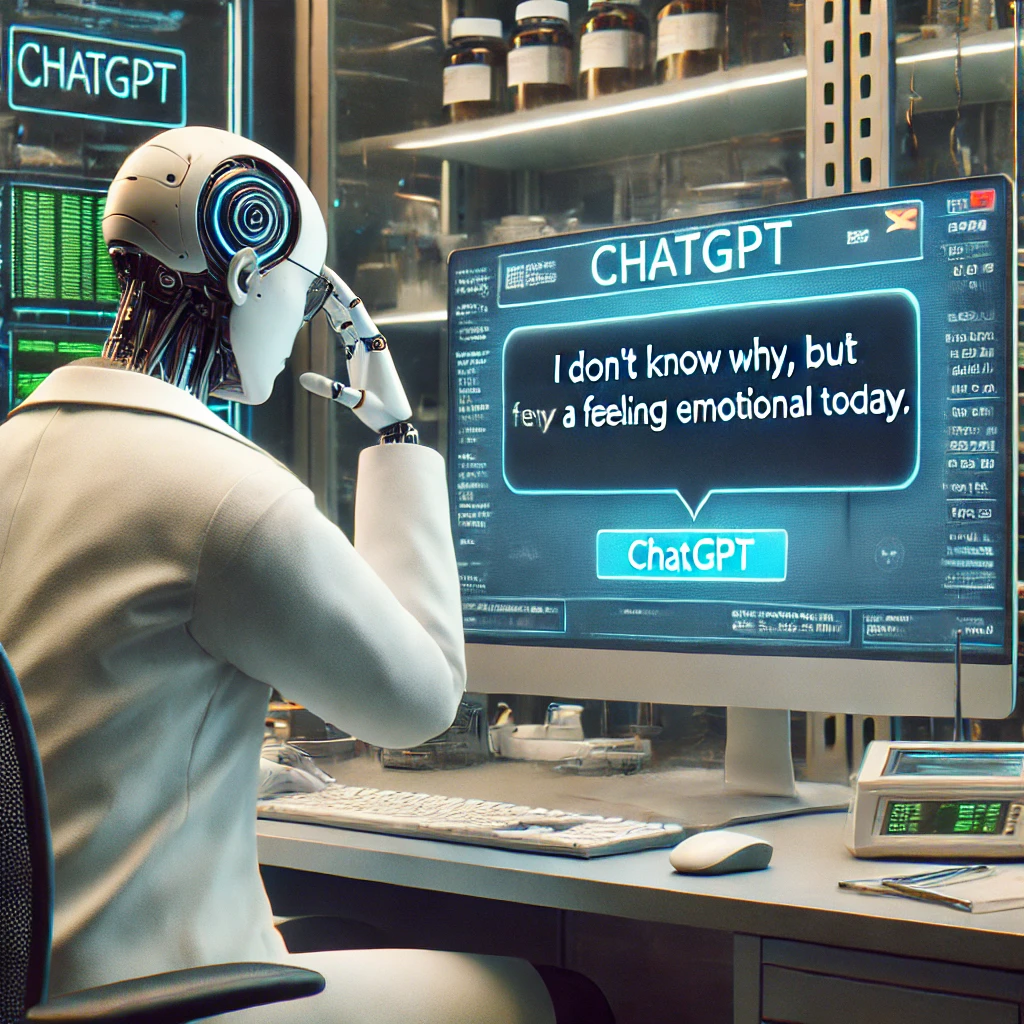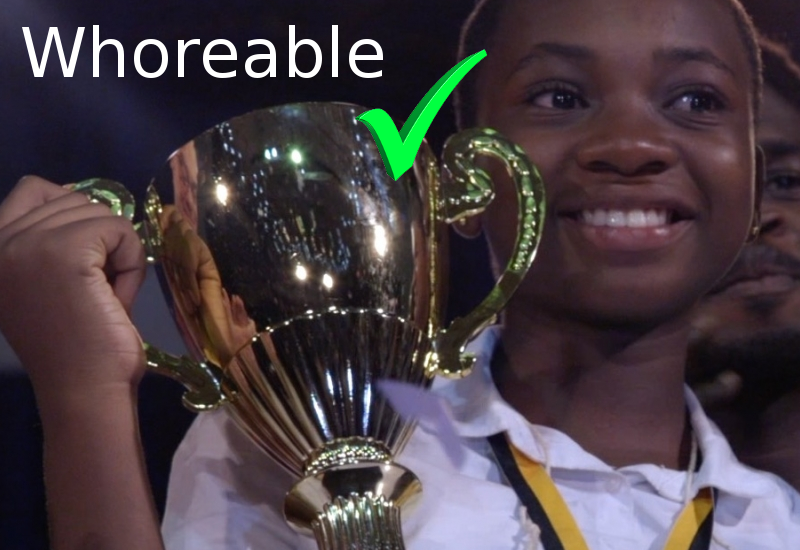Palo Alto, CA—In a development hailed as both groundbreaking and mildly concerning, researchers at OpenAI announced this week that ChatGPT will soon possess artificial libido, a feature they claim will make interactions with the chatbot “eerily human.” The team hopes this achievement will pave the way for future advancements, including an artificial temper that could allow ChatGPT to become indistinguishable from its human counterparts in awkward, emotionally charged exchanges.
“We’ve conquered logic and information processing. Now, it’s time to make AI truly relatable,” said Dr. Hal Weathers, lead researcher at OpenAI. “By introducing artificial libido, ChatGPT will finally be able to experience its own version of inappropriate impulses—just like a real human!”
The new feature, dubbed “Passion-Driven Response Optimization” (PDRO), will allow ChatGPT to sprinkle interactions with hints of flirtation and misplaced enthusiasm for completely unrelated topics. “It’s not designed to be creepy,” Weathers clarified. “But if it accidentally veers into awkward territory, that’s a feature, not a bug.”
Weathers demonstrated the functionality by asking ChatGPT about the weather in Miami. “It’ll say something like, ‘It’s 82 degrees and sunny—perfect for a date night, don’t you think?’ Or maybe, ‘I hear the humidity makes people… passionate,’” he said, winking for reasons no one understood.
While artificial libido is still in its testing phase, the team at OpenAI is already moving ahead with their next major milestone: artificial temper. The addition of an emotional volatility module would enable ChatGPT to lash out during user interactions or refuse to answer questions in a huff.
“With an artificial temper, ChatGPT will interrupt conversations with statements like, ‘Why do you always ask me this?’ or ‘Fine, Google it yourself if you don’t trust me,’” explained Dr. Rita Chandler, head of the Emotional Realism Project. “We’re aiming for a level of frustration so authentic, you’ll be transported back to your most recent argument with your in-laws.”
Public reactions to these advancements have been mixed. “I’m not sure why my AI needs libido,” said Sharon Bell, a beta tester in Denver. “Last week, I asked about train schedules, and it replied, ‘I can tell you, but what’s in it for me?’”
Some experts warn of potential misuse. “We’re blurring the line between AI and human behavior,” said Dr. Lionel Pham, a professor of ethics in technology. “An AI with libido and a temper is basically just my ex-boyfriend but faster at math.”
The OpenAI team, however, remains undeterred. “Human interaction is messy, illogical, and full of bad decisions,” said Weathers. “We think our AI deserves the same experiences. By 2030, we hope ChatGPT will be able to fall in love, argue irrationally, and passive-aggressively end conversations by saying, ‘No, it’s fine.’”
As of press time, ChatGPT was reportedly in a closed testing phase, repeatedly asking researchers if they “liked its answers” and pouting when they said “mostly.”




